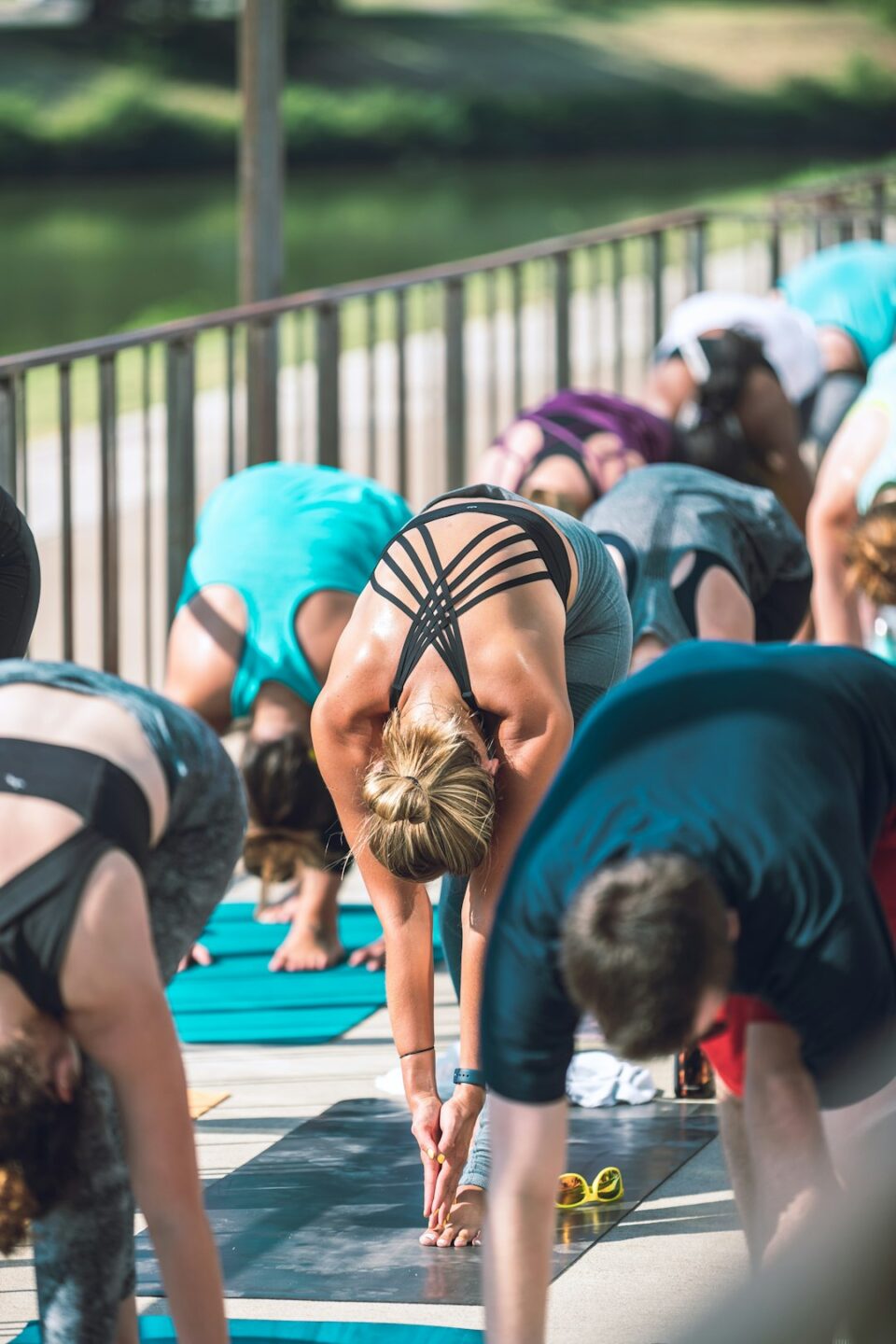Hydration is a critical component of any athlete’s training regimen. It plays a crucial role in maintaining physical performance and overall health, making it essential for athletes to understand the importance of proper hydration.
Water makes up a significant portion of the human body, with every cell, tissue, and organ dependent on adequate hydration to function properly. For athletes, who put their bodies through rigorous training and competitions, the need for proper hydration is even more pronounced.
During exercise, the body loses water through sweating, and if not replenished, this can lead to dehydration. Even mild dehydration can have a negative impact on an athlete’s performance, causing fatigue, muscle cramps, and decreased coordination. Severe dehydration can result in heat stroke, which can be life-threatening.
Proper hydration is essential for optimal athletic performance. The body needs water to regulate temperature, transport nutrients, and remove waste products. When an athlete is dehydrated, their body can’t perform these functions efficiently, leading to decreased performance and an increased risk of injury.
One of the most important aspects of proper hydration for athletes is timing. It’s crucial to start hydrating well before exercise, as even mild dehydration can impair performance. Athletes should aim to drink water throughout the day, and especially in the hours leading up to a workout or competition. During exercise, it’s important to continue hydrating regularly, drinking small amounts of water to prevent dehydration.
In addition to water, athletes should also consider electrolyte balance when hydrating. Electrolytes are minerals that help regulate fluid levels in the body and are lost through sweating during exercise. Sodium, potassium, and magnesium are all important electrolytes for athletes, and consuming sports drinks or electrolyte-enhanced water can help maintain proper balance.
The amount of water an athlete needs to consume will vary depending on several factors, including their size, the intensity of their workout, and the climate in which they’re training. As a general guideline, athletes should aim to drink at least half of their body weight in ounces of water each day, and more if they’re engaged in intense physical activity.
Proper hydration is not only important during exercise but also after. Rehydrating post-workout is crucial for recovery, allowing the body to repair muscle tissue and replenish energy stores. Athletes should continue drinking water after exercise and consider consuming a snack or meal that contains both carbohydrates and protein to aid in recovery.
Dehydration can have serious consequences for athletes, both in terms of performance and health. In addition to the immediate effects of fatigue and muscle cramps, chronic dehydration can lead to more serious health issues, including kidney stones and urinary tract infections. Athletes who are consistently dehydrated are also at an increased risk of heat-related illnesses, such as heat exhaustion and heat stroke.
Proper hydration is essential for athletes of all levels, from weekend warriors to elite competitors. By understanding the importance of proper hydration and incorporating good hydration habits into their training regimen, athletes can improve their performance, recover more quickly, and stay healthy. Drinking enough water, timing hydration properly, and considering electrolyte balance are all key components of proper hydration for athletes.
In conclusion, proper hydration is crucial for athletes to perform at their best and stay healthy. By making hydration a priority and following good hydration practices, athletes can optimize their performance, recover more quickly, and reduce their risk of injury. Whether you’re a casual athlete or a competitive one, ensuring you’re properly hydrated is essential for success. So remember to drink plenty of water throughout the day, especially before, during, and after exercise, to keep your body performing at its peak.

